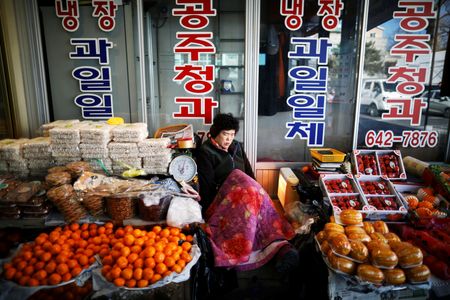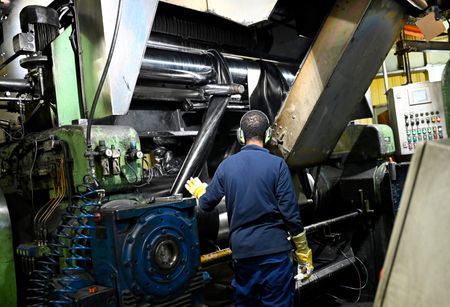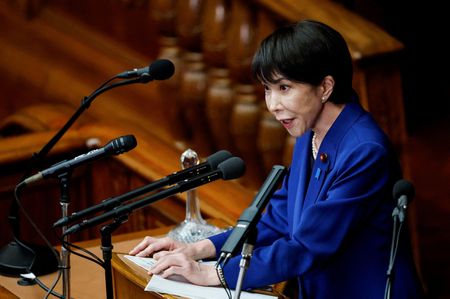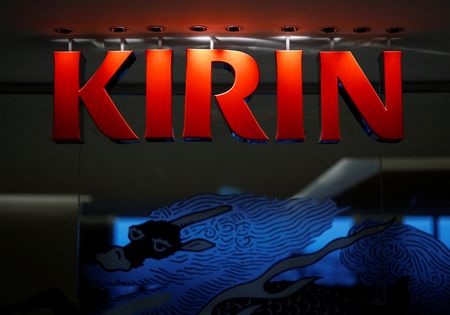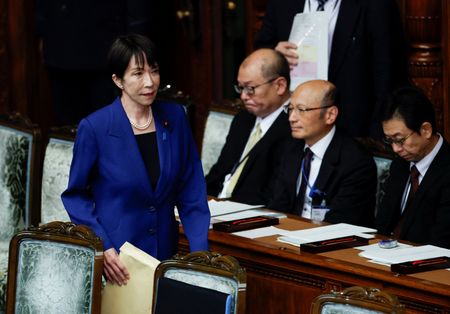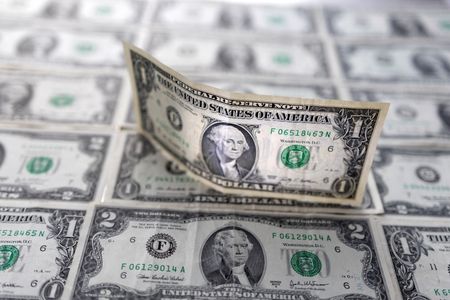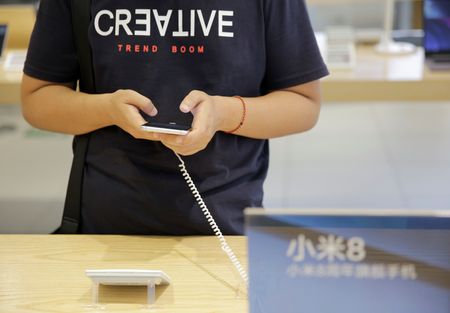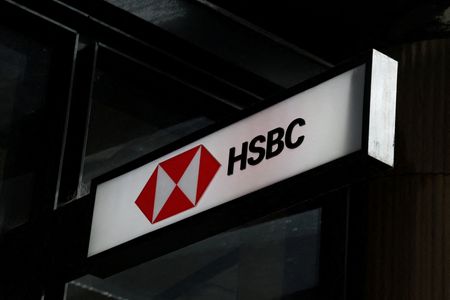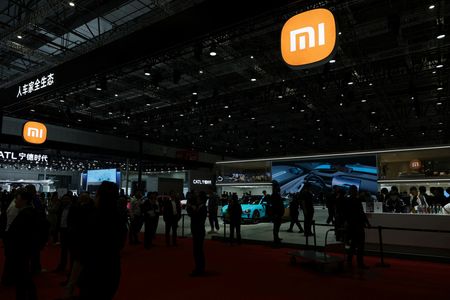By Rahul Trivedi
BENGALURU (Reuters) -South Korea’s economy grew at a modest pace last quarter, supported by strong exports and a pickup in household consumption as government measures helped stimulate demand, a Reuters poll suggested.
Asia’s fourth-largest economy was projected to have expanded a seasonally adjusted 0.9% in the July-September quarter after posting upbeat growth in the second quarter, according to the median forecast of 12 economists.
On a year-on-year basis, gross domestic product (GDP) was forecast to have grown 1.5% following a 0.6% expansion in the April-June period, based on the median estimate from 18 economists polled October 20-23.
“The overall gist is domestic demand is gradually improving, with consumption slowly recovering and better-than-expected turnout in export growth thanks to strong chips demand. This is despite construction investment still in free fall,” Kelvin Lam, senior economist at Pantheon Macroeconomics, said.
Exports grew 12.6% in September – the fastest pace in over a year – despite a hit from U.S. tariffs of 15%, driven by strong demand for chips used in artificial intelligence.
The government approved a 31.8 trillion won supplementary budget in early July to support domestic demand.
On Thursday, the Bank of Korea held interest rates steady at 2.50% to contain risks in the housing market and support the weakening currency. But its dovish tone pushed the won to a six-month low against the U.S. dollar.
While a majority of economists in a separate Reuters poll expected a cut to come next month, some are now forecasting a delay until January 2026.
“Four board members remained willing to cut interest rates in the next three months, down from five in August. Indeed, a rate cut in November now appears unlikely given the bank’s desire to wait to see the impact of the property curbs announced last week,” Shivaan Tandon, Asia economist at Capital Economics, said.
Amid domestic concerns, the trade deal between Seoul and Washington is yet to be formalised, as South Korean officials have openly resisted U.S. demands for an upfront investment of $350 billion and called for safeguards to prevent potential currency market disruptions.
“We’re going to see that deal coming in. The question is how to finance it. It is impossible to commit $350 billion in cash upfront because it is about 80% of the country’s FX reserves,” Pantheon’s Lam added.
Stephen Lee, chief economist at Meritz Securities, was optimistic about the trade deal, saying: “What both sides seem to be agreeing on from the working level is they extend the investment horizon, allow some cash flow repatriation in the early stage and increase the portion of loans and guarantees.”
(Reporting by Rahul Trivedi; Polling by Devayani Sathyan in BENGALURU and Jihoon Lee in SEOUL; Editing by Andrew Heavens)

